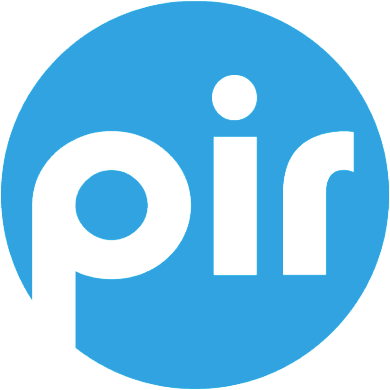After conducting a nationwide survey to test U.S. consumer knowledge and awareness of the internet, we were surprised to find a handful of widely held misconceptions. As it turns out, people don’t know as much about the internet as they think.
Our 2017 Internet 101 Survey tested internet users on basic internet facts ranging from the history of the internet and definitions of key internet terms, to best practices for safe and secure internet use. The survey first asked consumers if they thought they were informed internet users. According to the survey results, an overwhelming majority (84 percent) reported that they believed they were “knowledgeable,” however the survey results painted a different picture. For instance, only 20 percent of consumers knew the internet and the World Wide Web are not one and the same!
See below for a few additional Internet 101 Survey findings that spotlight the clear gap between perception and reality when it comes to internet knowledge.
- Only 29 percent of participants correctly identified the meaning of HTTP, with 31 percent admitting outright they did not know the meaning of the term
- 68 percent of people could not identify the decade when the World Wide Web was invented
- Only 31 percent of users could correctly define a “domain name system”
Based on our findings, there’s more of a need than ever for widespread internet education among internet users of all ages and backgrounds. In an effort to bring consumers up to speed, Public Interest Registry has compiled a variety of resources to demystify the internet and help people more clearly understand how the internet operates to better harness its power.
For more on the Internet 101 Survey including our “How Much Do People Really Know About The Internet?” infographic and a chance to test your internet smarts through our Internet 101 Quiz, please visit www.pir.org/Internet101.

